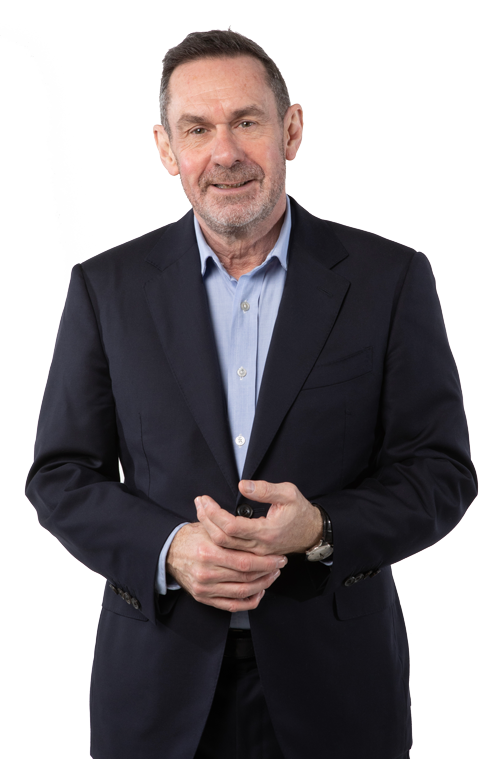
Clear Bright Future: A radical defence of the human being
Out now! Buy it here. We are in trouble: the economic system has stopped delivering, consent for democracy is evaporating and all around us businesses and states are exerting control over our lives through digital surveillance and algorithmic control. In Clear Bright Future, Paul Mason demonstrates how each of these dangers is rooted in the purposeful creation of the “neoliberal self”.
Human beings were redesigned to be coerced, governed and pitted against each other in enforced competition. They were told history had ended – but now it’s back with a vengeance. This is no longer a once-in-fifty years economic crisis, nor simply the fraying of the post-war global order. It is an all out attack on values that have underpinned Western societies for 400 years.
It can be fought, Mason argues, only if we are prepared to conduct a radical defence of the human being: to reinvent humanism in a way that allows it to survive the attacks against race, gender and reason, the opponents of human rights. It means, says Mason, fighting for universal rights, for human-centric institutions, and for the right to resist control of our lives by algorithms.
Reporting this triple crisis, Paul Mason encounters an unprecedented atmosphere technological euphoria combined with political gloom. Both are rational. Technology could free us from work, ignorance, and much of our ill health. But only if it remains under our control.
The key to reasserting control, Mason argues, is micro-level resistance: refusal to “perform” as the routines of market capitalism demand. As we do so, he says, we have begun to find each other and act, just as the pioneers of the labour movement did in the 19thcentury.
Writing Clear Bright Future led Paul Mason to a conclusion he did not expect: that it’s not enough to impose ethical rules, safety standards and prudent regulations on the new technologies. We have to rekindle something close to a shared moral philosophy, a collective concept of our human nature that he believes is vital to shaping our resistance.